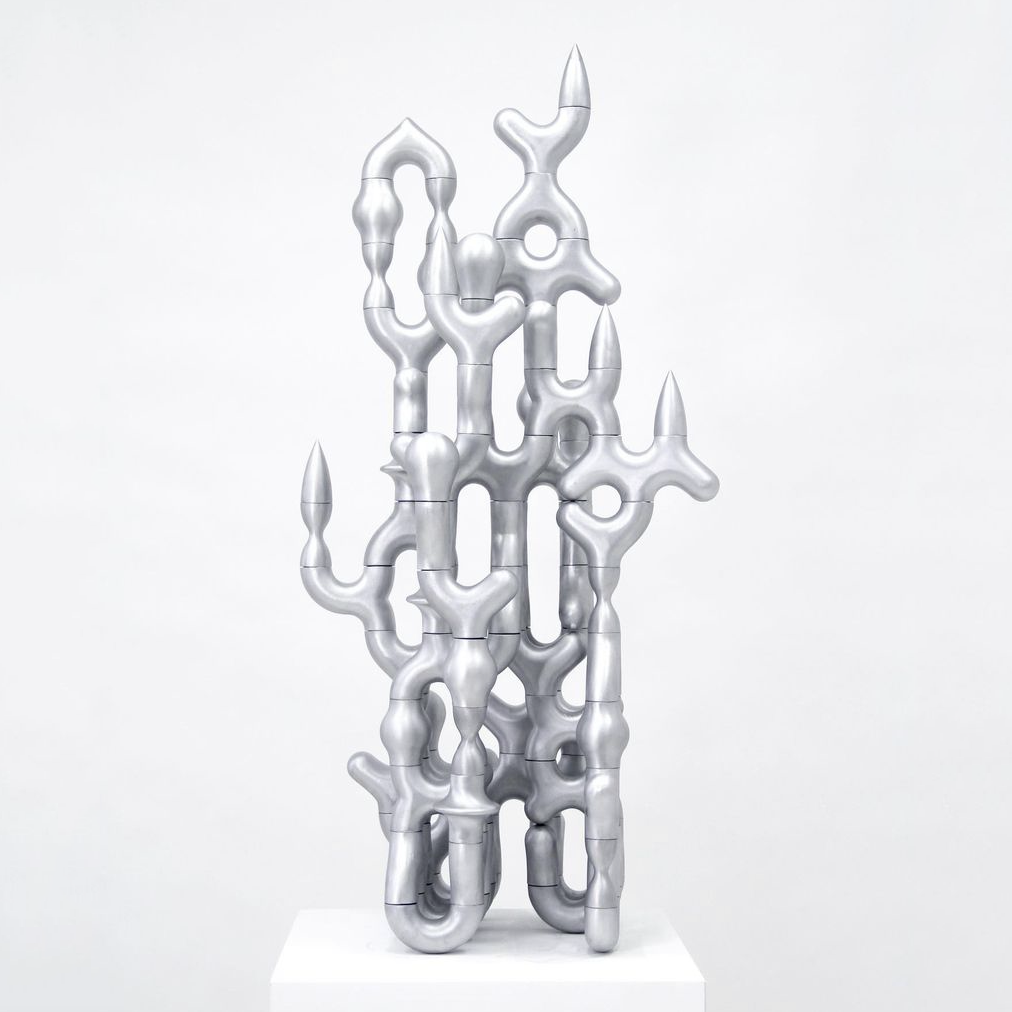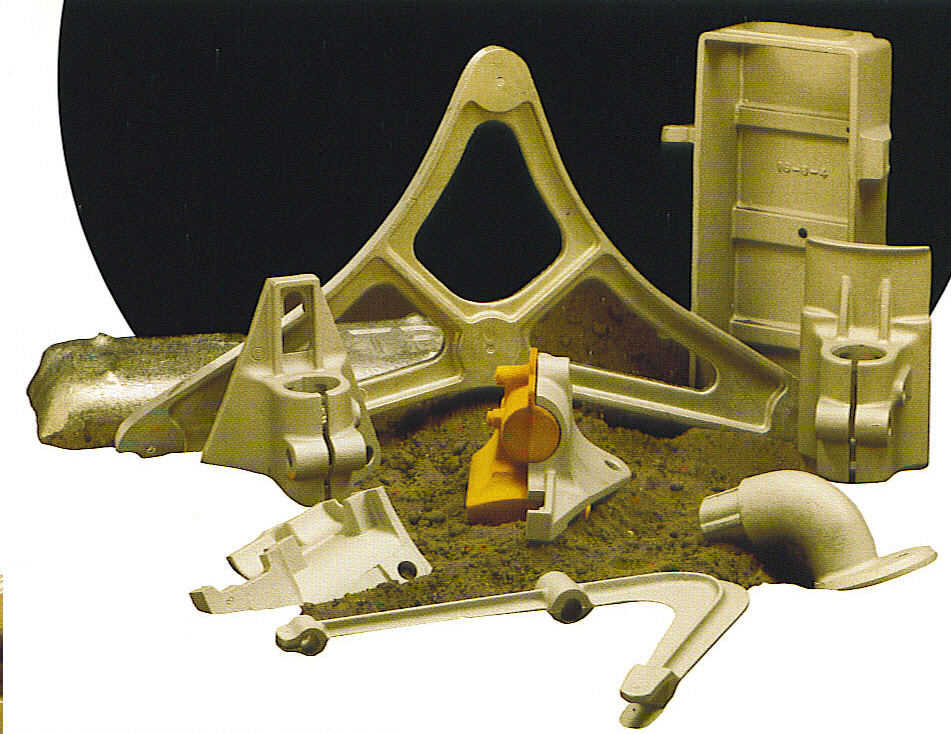Ideal Practices for Maintenance and Applications in the Light Weight Aluminum Foundry Industry: A Thorough Overview
Preserving devices in the light weight aluminum shop sector is vital for functional success. Regular inspections and predictive maintenance can considerably lower downtime and boost safety. Advanced technologies, such as IoT and data analytics, play a critical function in this procedure. Nonetheless, recognizing the complete extent of ideal techniques calls for a more detailed examination of specific techniques and their impacts on effectiveness. What are the important elements that add to a reliable maintenance framework?
Significance of Routine Maintenance in Aluminum Foundries
Routine maintenance plays an important role in the efficient procedure of light weight aluminum factories. By methodically servicing and evaluating devices, factories ensure peak performance and longevity of equipment. Routine maintenance activities, such as lubrication, component, and cleaning substitute, help prevent unanticipated break downs that can lead to costly downtime.
In addition, regular checks boost workplace security by recognizing prospective dangers before they rise into significant problems. Tools that is well-maintained runs better, resulting in boosted product high quality and lowered waste. In addition, adherence to a structured maintenance timetable can support compliance with sector regulations, consequently cultivating a track record for integrity and quality within the marketplace.
Applying Predictive Maintenance Methods
Anticipating maintenance techniques take the concepts of regular maintenance a step additionally by leveraging information analytics and progressed monitoring innovations. In light weight aluminum shops, these approaches allow drivers to prepare for tools failures before they happen, consequently lowering unintended downtimes and optimizing operational effectiveness. By using sensing units and IoT tools, real-time information can be accumulated on machine performance, permitting the identification of potential problems with predictive analytics.
Maximizing Melting and Putting Procedures
Reliable melting and putting procedures are crucial for making best use of productivity and ensuring the quality of aluminum castings. To enhance these processes, shops need to concentrate on precise temperature level control throughout melting, as this straight impacts the metallurgical buildings of the alloy. Making use of innovative melting modern technologies, such as induction and resistance melting, can enhance energy efficiency and reduce cycle times.
Furthermore, implementing automated putting systems lessens human error and maintains uniformity in the putting process. Correct mold and mildew preparation, consisting of appropriate preheating, is important to protect against thermal shock and enhance mold and mildew durability.

Enhancing Safety Methods in Foundry Workflow
Focusing on safety in light weight aluminum foundry operations is vital for securing employees and assuring an efficient setting. Effective security procedures consist of routine training sessions that emphasize the relevance of personal protective devices (PPE), such as goggles, safety helmets, and handwear covers. In addition, the establishment of clear emergency procedures is necessary in taking care of potential accidents.
Regular assessments of devices and equipment assistance recognize hazards before they escalate into serious issues. Executing a robust reporting system encourages workers to communicate safety concerns without fear of repercussion. Additionally, fostering a culture great site of safety guarantees that every employee understands their role in keeping a safe and secure workplace.
In enhancement, assuring correct air flow and tracking air quality can minimize direct exposure to dangerous fumes and dirt. By reinforcing these practices, aluminum shops can considerably minimize the threat of mishaps and produce an environment where employees feel valued and secure, eventually improving overall functional effectiveness.
Leveraging Innovation for Improved Efficiency
Utilizing sophisticated technology has come to be increasingly crucial for aluminum foundries intending to enhance operational effectiveness. Automation and robotics play a vital function in simplifying production processes, minimizing labor prices, and reducing human mistake. Applying real-time monitoring systems enables for the constant analysis of equipment performance, allowing positive upkeep and lowering downtime.
The integration of data analytics offers useful understandings right into functional operations, promoting better decision-making and source allotment. Predictive analytics can identify potential failures before they occur, further optimizing upkeep timetables.
Additionally, embracing sophisticated melting and spreading technologies boosts power performance and material yield, which are fundamental for sustainability in the sector. By welcoming these technical improvements, aluminum foundries can not just improve efficiency however also keep an affordable edge in an increasingly requiring market (Casting Foundry). Eventually, leveraging innovation is pivotal in driving advancement and improving overall functional efficiency within the sector

Regularly Asked Inquiries
What Are Usual Indications of Equipment Use in Light Weight Aluminum Foundries?
Typical indicators of tools wear in light weight aluminum factories include unusual noises, decreased effectiveness, increased vibration, overheating elements, leaks, and visible deterioration. These indications typically signify the demand for upkeep or potential substitute useful link to avoid expensive downtime.
How Can I Train Team for Effective Maintenance Practices?
To educate staff for reliable maintenance methods, one can apply hands-on workshops, develop thorough handbooks, urge mentorship programs, and conduct routine analyses to assess abilities and expertise, making sure all staff members understand maintenance methods thoroughly.
What Are the Environmental Laws for Light Weight Aluminum Foundries?
Light weight aluminum foundries go through different ecological regulations, including discharges control, waste monitoring, and source conservation. Compliance assurances very little ecological influence, advertising sustainability while adhering to local, national, and worldwide ecological criteria and laws.
How Do Foundries Handle Waste and Recycling of Light weight aluminum?
Factories take care of waste and recycling by applying systems for collecting scrap aluminum, utilizing sophisticated separation innovations, and working together with reusing centers to assure reliable recuperation procedures, therefore minimizing environmental impact and advertising sustainability within the industry.
What Are the Prices Connected With Executing Advanced Technologies?
Executing sophisticated technologies in foundries incurs significant prices, consisting of first financial investment, training, and maintenance expenses. However, the long-term advantages, such as raised effectiveness and decreased waste, commonly validate these expenses, resulting in improved earnings.
Routine maintenance plays an important function in the efficient operation of light weight aluminum factories. In aluminum foundries, these approaches enable drivers to expect equipment failings prior to they take place, consequently decreasing browse around this site unexpected downtimes and enhancing operational effectiveness. Utilizing sophisticated modern technology has actually come to be progressively vital for light weight aluminum shops aiming to boost operational effectiveness. Usual signs of equipment wear in aluminum factories consist of uncommon noises, lowered efficiency, boosted vibration, overheating parts, leaks, and visible deterioration. Applying advanced modern technologies in foundries sustains considerable costs, consisting of initial financial investment, training, and maintenance expenditures.